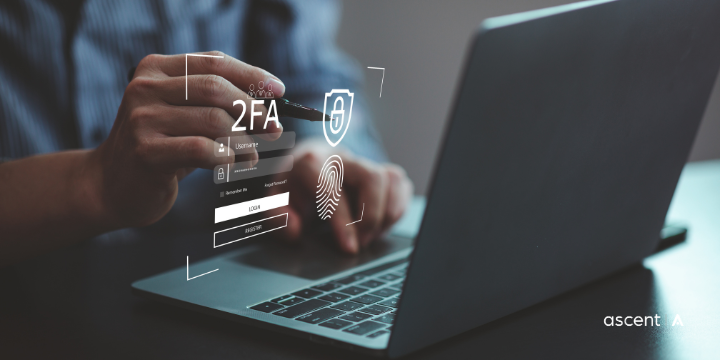The shift to remote and hybrid work models has brought unprecedented flexibility and efficiency to businesses worldwide. However, it has also exposed organizations to new cybersecurity threats. With employees accessing company data from various locations and devices, the need for robust cybersecurity measures has never been greater. Businesses must adapt their strategies to protect sensitive information and maintain the trust of their customers and stakeholders.
As remote work becomes the norm, organizations face an array of challenges. These include unsecured home networks, increased phishing attacks and the use of personal devices for work purposes. Without proper safeguards, businesses risk data breaches, financial losses and reputational damage. To address these risks, organizations must adopt a proactive approach to cybersecurity, integrating robust policies and advanced tools into their operations.
- Implement a Zero Trust Security Model:
Adopting a Zero Trust approach ensures that every user, device and application is authenticated and authorized before accessing company resources. By continuously verifying access and limiting permissions, businesses can reduce the risk of unauthorized access to sensitive data. - Enhance Endpoint Security:
With employees working from various locations, endpoint security becomes critical. Deploy antivirus software, firewalls and intrusion detection systems on all devices used for work. Regularly update software to patch vulnerabilities and prevent exploitation by cybercriminals. - Use Secure Access Technologies:
Virtual Private Networks (VPNs) and Secure Access Service Edge (SASE) technologies enable encrypted connections between employees and company servers. These tools ensure that sensitive data remains protected, even when accessed over public or home networks. - Educate Employees on Cyber Hygiene:
Human error remains a significant vulnerability in cybersecurity. Regular training programs can help employees recognize phishing attempts, create strong passwords and follow best practices for data protection. Empowering employees with knowledge is a crucial line of defense. - Enable Multi-Factor Authentication (MFA):
Adding an extra layer of security with MFA ensures that even if login credentials are compromised, unauthorized users cannot access sensitive systems. MFA is one of the simplest yet most effective ways to secure remote access. - Regularly Backup Data:
Frequent data backups are essential for mitigating the effects of ransomware and other cyber threats. Store backups in secure, off-site locations and test recovery processes to ensure business continuity in the event of a breach. - Conduct Routine Security Audits:
Regularly assess your organization’s security posture by conducting audits and penetration testing. Identify vulnerabilities, address gaps in security policies and update systems as needed to stay ahead of emerging threats.
At Ascent, we recognize the unique challenges businesses face in securing remote and hybrid work environments. Our cybersecurity solutions are designed to provide comprehensive protection against evolving threats. From implementing advanced endpoint security to offering robust training programs for employees, Ascent ensures your organization remains secure, agile and resilient.
Our expertise includes deploying Zero Trust architectures, securing cloud-based systems and providing real-time threat monitoring. Whether you’re a small business or a large enterprise, Ascent’s tailored cybersecurity solutions are built to address your specific needs, safeguarding your operations and reputation.
